Seabed Carbon Risks: What Our Evidence Shows
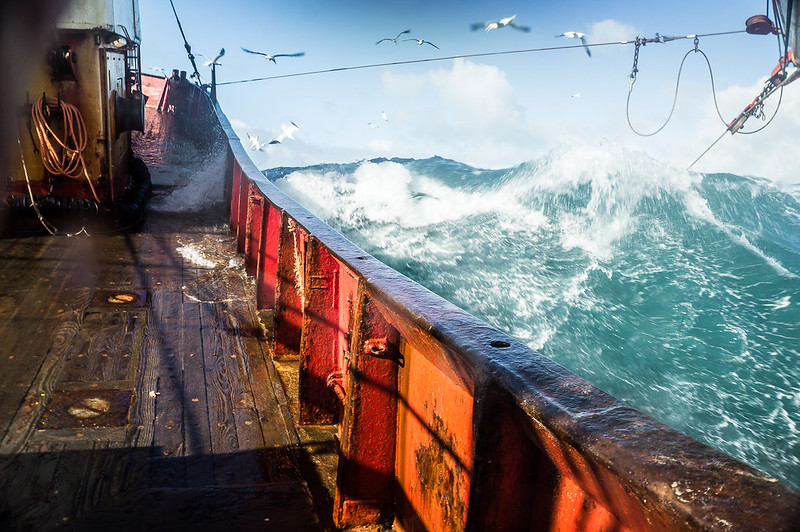
A new technical briefing reviews the latest evidence on how trawling, other human activities and climate change affect seabed carbon.

A new technical briefing reviews the latest evidence on how trawling, other human activities and climate change affect seabed carbon.
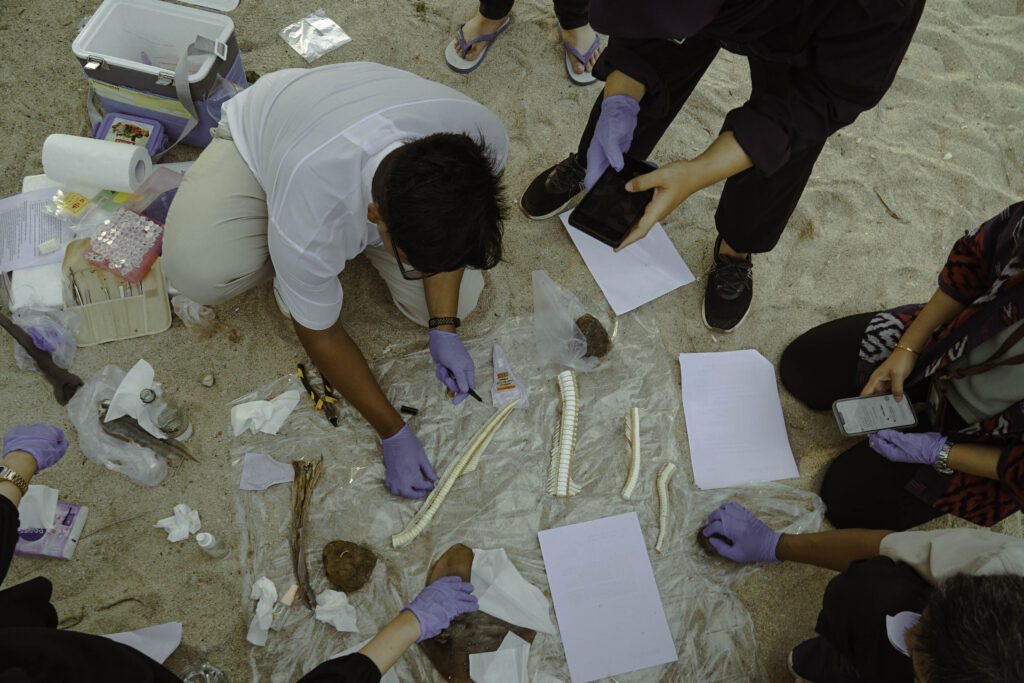
Indonesia is one of the world’s largest producers and exporters of shark and ray products. As the CITES Conference of the Parties convenes in Samarkand, Uzbekistan, and governments from around the world debate and decide on proposals for new species listings, work is underway across Indonesia to translate these commitments into practice.
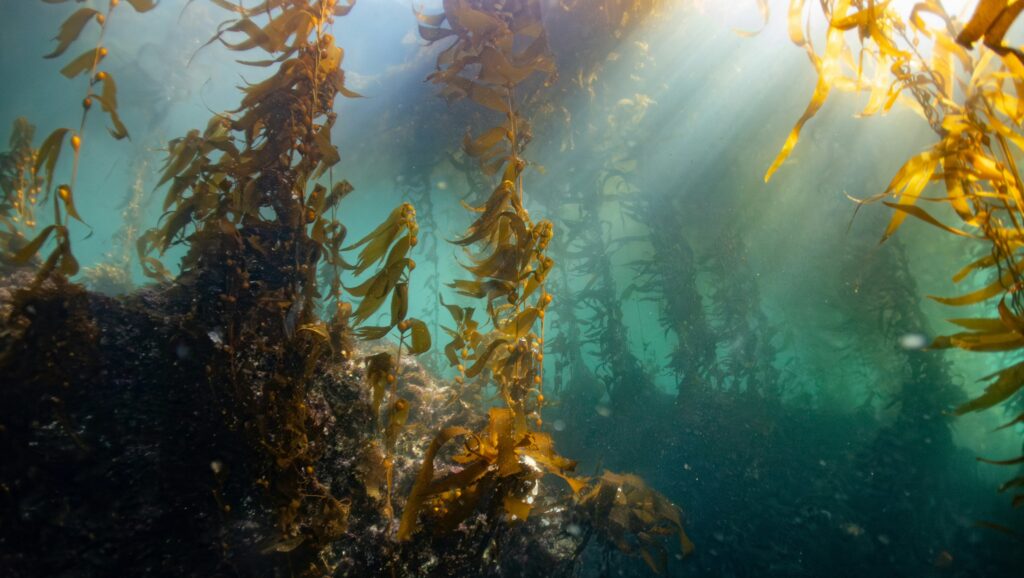
As world leaders gather in Belém, Brazil, this week for the UN Climate Change Conference COP30, the role of nature-based solutions in addressing climate change is once again under the spotlight.
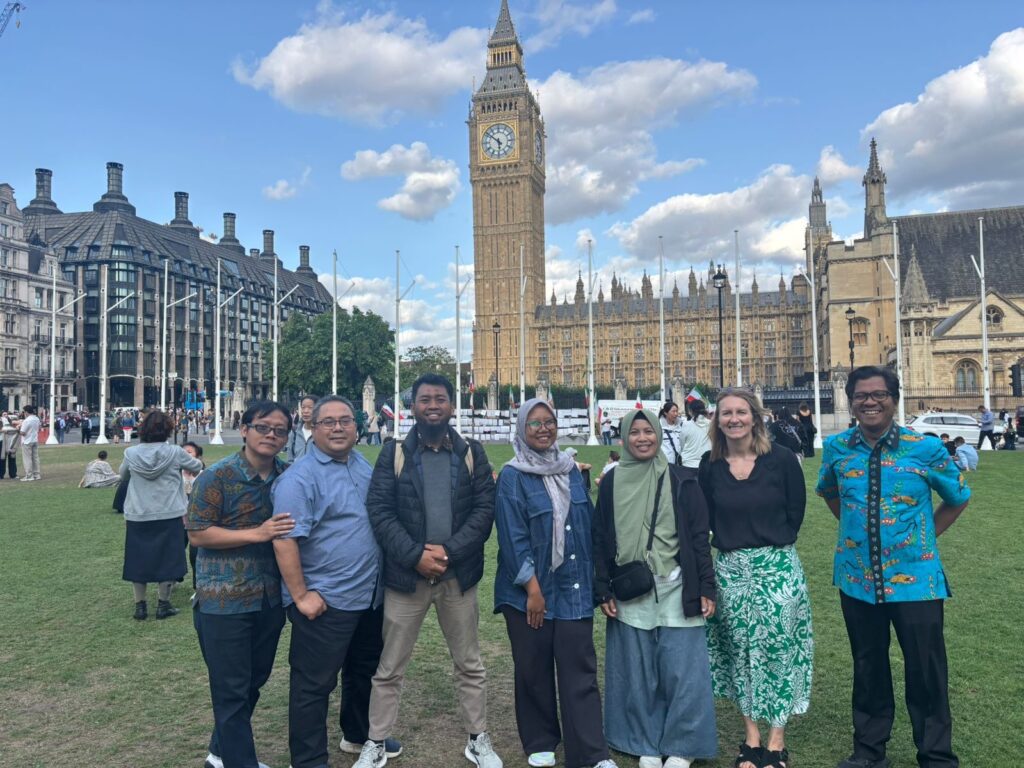
Written by Efin Muttaqin, Programme Manager for the Rekam Nusantara Foundation, and Jo Murray, Marine Wildlife Trade and Bycatch Lead at Cefas. “The greatest challenge of the 21st century is to raise a new generation that understands the importance of …

By Sarah Allison The Ocean Country Partnership Programme is a bilateral technical assistance and capacity building programme that provides tailored support to countries to manage the marine environment more sustainably, including by strengthening marine science expertise, developing science-based policy and …

By Michelle Devlin, Naomi Greenwood, Carolyn Graves, Robert Brookes (Cefas), Mike Best (EA), Eugene O’Kane, Adam Mellor (AFBI), Mark Charlesworth (NRW), David Johns (MBA) Monitoring water quality and plankton in the Irish sea involves the joint effort and expertise of …
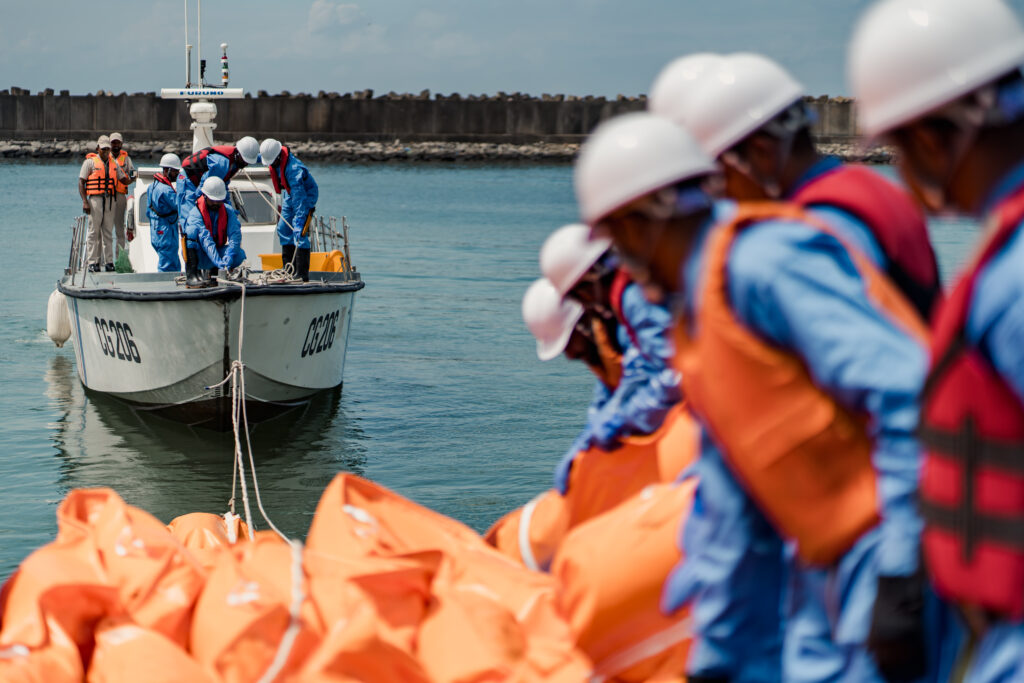
Authors: Angharad Elliman, Freya Goodsir, Todd Last From November 12th to 22nd, 2024, the Ocean Country Partnership Programme (OCPP) teams from Cefas and JNCC, embarked on a technical visit to Sri Lanka. This visit was part of a broader effort …
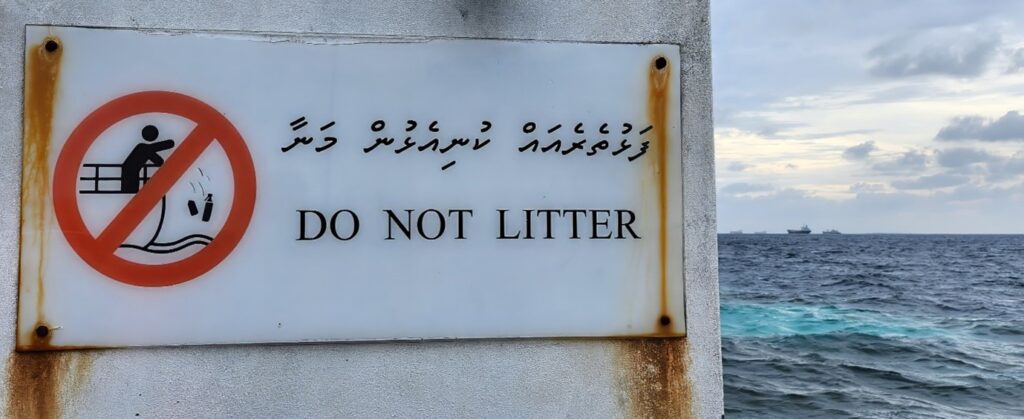
In October, the Ocean Country Partnership Programme (OCPP) team from Cefas visited the Maldives to enhance local expertise in the collection of data from fishers, water quality monitoring and OSPAR methods of beach monitoring. The visit began with adverse weather …
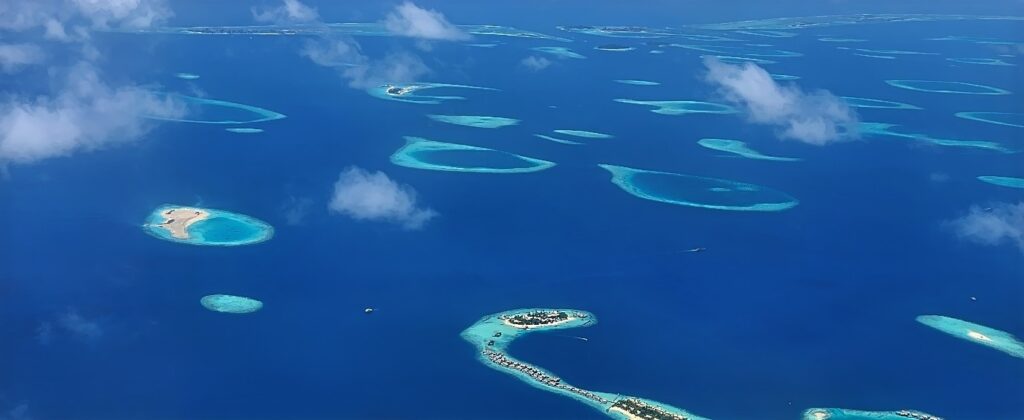
In July the Ocean Country Partnership Programme (OCPP) team from Cefas visited Maldives to attend the Fifth Maldives Marine Science Symposium and to progress work with various OCPP partners. Aerial view of Maldives islands The Ocean Country Partnership Programme (OCPP) …
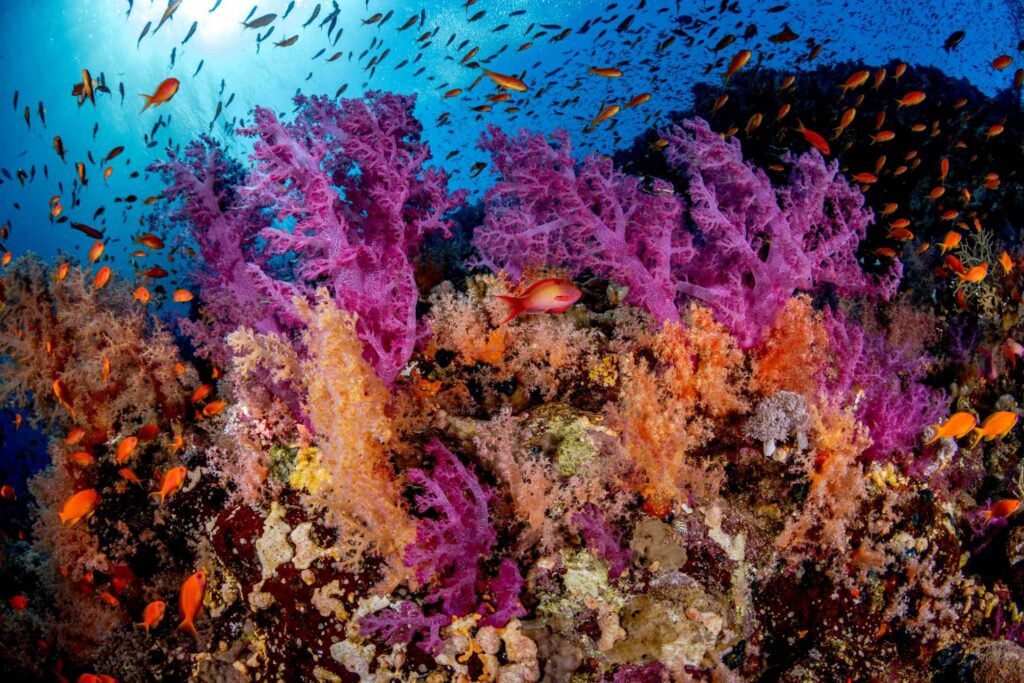
Coral reefs are vital for our oceans. They are among the most diverse and productive ecosystems on the planet, providing habitat for a vast array of marine life. They also provide livelihoods for over 600 million people, and coastal protection …